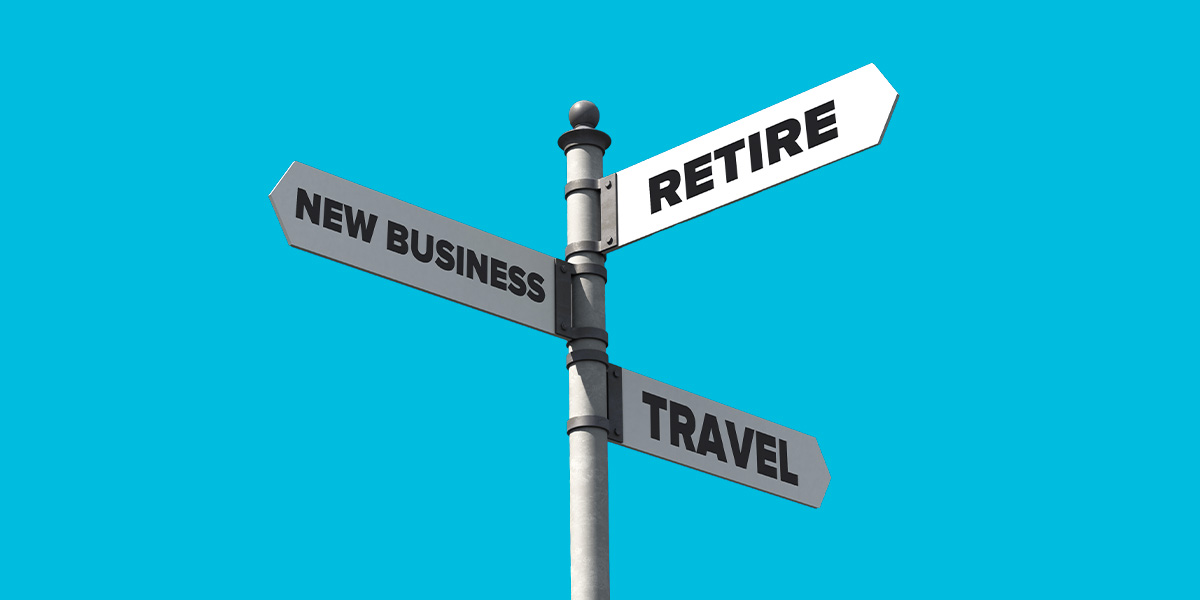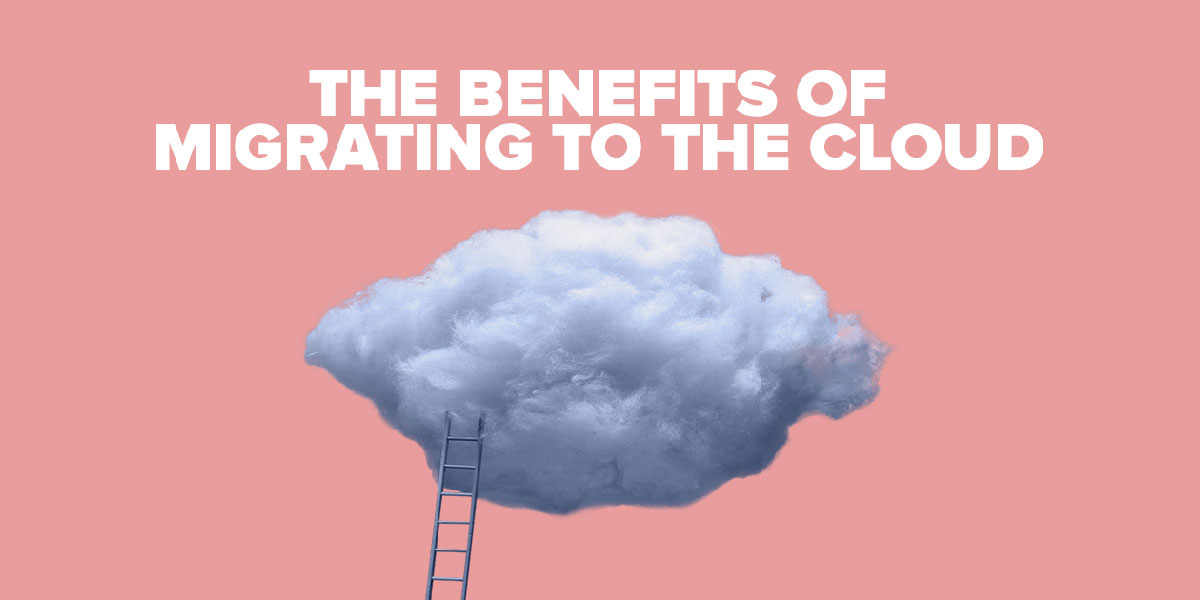If you're ready to tackle the challenges of self-employment, you might be considering purchasing a business that already exists. Or, you might be looking into franchise opportunities that can help you start a business following a proven method for success.
But what option is right for you? Understanding the difference between operating an independent business versus a franchise can help you make a decision. Here are a few considerations that might help you.
The Difference Between Buying a Business & Franchising
Perhaps you are considering buying a franchise. With franchising, you get to use the name, products and marketing materials of a larger brand—but you also have to follow rules from that brand about how to run your business. When you buy an independent business, you’re in charge and you can run the business in the way that you see fit.
Buying or opening a franchise is often appealing to aspiring business owners for a few reasons, including:
- Reduced Risk: Franchises come with a proven business model, reducing the uncertainty and risk associated with starting a business from scratch.
- Brand Recognition: The franchisee benefits from the established reputation and customer base of the franchisor's brand.
- Training and Support: Franchisors usually provide comprehensive training and ongoing support to franchisees, helping them navigate the challenges of running a business.
- Marketing & Advertising: Franchisees typically benefit from national or regional marketing and advertising campaigns conducted by the franchisor.
- Purchasing Power: Franchisees can often take advantage of the franchisor's bulk purchasing power to obtain goods and services at lower costs.
- Easier Access to Financing: Lenders may be more willing to provide financing to franchisees due to the lower perceived risk associated with a proven franchise model.
- Networking Opportunities: Franchisees can connect and share experiences with other franchisees within the network.
- Territory Protection: Franchisors often provide franchisees with exclusive territory rights, reducing competition from other franchisees of the same brand.
- Operational Systems and Procedures: Franchisees receive established systems and procedures for running the business, streamlining operations and improving efficiency.
Like buying an existing business, franchising can allow you to skip some of the startup challenges of business ownership. However, franchising is different from buying a business. The main difference between buying a business and franchising is the amount of control you will have over your business.
Some of the possible negative aspects to consider include:
- High Initial Investment and Ongoing Costs: Franchises often require a substantial initial investment, including the franchise fee, setup costs, and ongoing royalties and advertising fees. These expenses can be a significant barrier to entry for some potential business owners.
- Limited Control and Creativity: Franchisees are bound by the franchisor's rules and regulations, limiting their freedom to make independent decisions about operations, marketing and offered products. While a set of operating rules can be a benefit for some owners, others might find them difficult to work within.
- Dependence on Franchisor's Success: The success of a franchisee is tied to the franchisor's brand and overall performance. If the franchisor's brand reputation suffers or its business model becomes outdated, the franchisee's business may be negatively impacted.
- Risk of Franchisor Disputes or Termination: Franchisees may face disagreements or conflicts with the franchisor regarding contract terms, operational guidelines or financial matters. In extreme cases, the franchisor may terminate the franchise agreement, leading to legal disputes and possible financial losses for the franchisee.
- Limited Territory and Competition: Although franchisees may receive exclusive territory rights, competition from other franchisees of the same brand or from similar businesses in the same industry can still be a challenge.
- Lack of Financial Privacy: Franchisors often require franchisees to share detailed financial information, which can be a concern for those seeking to maintain financial privacy.
- Restrictions on Selling the Business: Selling a franchise can be more complex than selling an independent business, as it often requires the franchisor's approval and may involve transfer fees or other restrictions.
The Advantages & Disadvantages of Buying an Existing Business
Just as with buying a franchise, there are advantages and disadvantages to buying an existing independent business. These include possible reduced entry costs, more flexibility to change the business model and complete creative control over a business and its branding.
Some of the potential advantages of buying an existing business include:
- Time & Money Savings. Because the business is already operating, you can save the time and money usually required to test and improve products and services and find the right target markets.
- Access to Financing. A business concept that has already been proven and successful might be more attractive to lenders than a brand-new concept.
- Existing Cash Flow. If a business is already operating and has existing customers, you’ll start with immediate cash flow rather than operating without cash flow initially as you likely would with a completely new business.
- Full Control and Creative Freedom: As the owner of an independent business, you have autonomy to make decisions about your brand and operations.
- Potential for Higher Profits: Owning an independent business means you won't have to factor in the fees and royalties that often come with running a franchise.
There are also more succession considerations to make when owning an independent business. For example, owners of an independent business generally have a level of flexibility when it comes to selling or transferring their business that franchisees might not always experience, depending on their contract and the rules of their franchisor.
However, buying an independent business also has some potential drawbacks.
Some of the disadvantages to purchasing an existing business include:
- Potential Unknowns. When you buy someone else’s business, you have to trust at least to some extent that what they’ve told you about the business is true. Despite doing all your due diligence, you may learn new and unexpected information after you actually start running the business.
- Existing Company Culture. You may inherit a company culture that is not ideal, which may require a great deal of work to change or overcome. Even if a company has a great culture, new owners might find it challenging to gain the acceptance of existing employees.
- Higher Risk: An independent business might not have the same brand recognition as a franchise. Additionally, franchisees might benefit from corporate assistance when business challenges arise. It's up to an independent owner to solve problems on their own.
- Sale Negotiations: Determining a fair price for an independent business can be complex and contentious, requiring careful negotiation and potentially involving professional valuations and appraisals. Franchise prices are set by the franchisors.
Get Help From Business Planners
There isn't a one-size-fits-all financial approach that will work for your new business, regardless of if it is independent or a franchise. That's why it's important to have a professional working with you to tailor financial services to your needs. City National Bank's business planners are ready to start finding solutions for you today.
This article is for general information and education only. It is provided as a courtesy to the clients and friends of City National Bank (City National). City National does not warrant that it is accurate or complete. Opinions expressed and estimates or projections given are those of the authors or persons quoted as of the date of the article with no obligation to update or notify of inaccuracy or change. This article does not take into account any specific individual’s or entity’s facts and circumstances and is not intended, and should not be relied upon, as tax, accounting, investment or legal advice. This article may not be reproduced, distributed or further published by any person without the written consent of City National. Please cite source when quoting.





